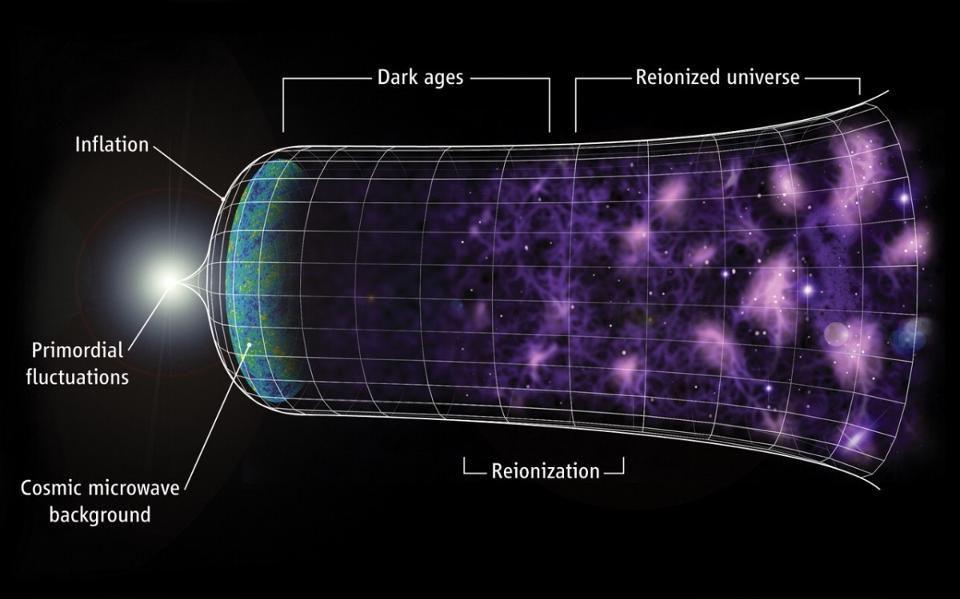The GOP Tax Plan Will Destroy Graduate Education

Grad students will be taxed at the highest rate in the country, even higher than billionaires.
For millions of young people, the American dream is to study the thing you’re most passionate about at the highest levels possible, and then use those skills and that knowledge to build a life you’ll be fulfilled with. For some of us, the American dream includes many years of graduate school and extremely frugal living along the journey to a Ph.D. Traditionally, in a great many fields (such as biology, physics, chemistry, and mathematics), the only way this has been possible is through teaching and/or research assistantships, which grant graduate students with a small stipend (in the ~$20K-$30K/year range) to live off of.
These assistantships also come with a tuition waiver, valued at ~$12K-$50K/year, depending on the public-or-private, in-state-or-out-of-state institution. Currently, these tuition waivers are paid by the college directly to itself, on behalf of the graduate student, and are not counted as taxable income. Under the new GOP tax plan, however, those tuition waivers would be taxed as regular income, making graduate school an unaffordable proposition except for those already independently wealthy.

Every year, approximately 3.0 million students with undergraduate degrees enroll in school, most of whom are pursuing advanced degrees. In many fields, including the overwhelming majority of STEM fields, tuition waivers are what enable students, many of whom are already deep in debt from their undergraduate days, to afford such a degree. Just for illustration, here are some examples of tuition/fees at public and private colleges:
- University of Florida (in-state): $17,520/year [$12,740 for Fall/Spring, plus $4,780 for Summers.]
- University of Florida (out-of-state): $34,914/year [all students not living in-state previously are out-of-state for at least the first year.]
- Princeton University: $48,940/year.
This is money that, as a student, you never see. It’s paid to the University by the University on your behalf, and you don’t pay taxes on it. So long as you meet the requirements of your assistantship (or fellowship, for example), your tuition is taken care of, and you can attempt to support yourself on your stipend. Although stipends vary across institutions, they are usually adjusted for cost-of-living. In University of Florida’s physics department (where I got my Ph.D.), a typical stipend is $23,000/year, while David A. Walsh at Princeton (in history) earns $32,500/year. Your tuition is non-taxable, but your stipend income is. Make $23,000/year, pay taxes on $23,000/year. Make $32,500/year, pay taxes on $32,500/year. It’s a fair system.

Now, imagine if the rules were changed. Imagine that you still earned the same stipend, but were forced to treat your tuition-and-fees as taxable income as well. For our three cases, the amount of taxes you owe to the government on an annual basis would change dramatically:
- University of Florida (in-state): $1,424/year currently; $4,052/year under the new plan.
- University of Florida (out-of-state): $1,424/year currently; $7,617/year under the new plan.
- Princeton University: $2,849/year currently; $13,499/year under the new plan.
Despite earning $23,000/year, you’d pay taxes on $40,520 or $57,914 at a public University, and despite earning $32,500, you’d pay taxes on $81,440 at a private University. For this last figure, this would result in a higher tax rate than anyone else in the nation pays. These numbers represent increases in taxes of $2,628, $6,193, and $10,650, respectively, on these hypothetical graduate students. (Computed using the H&R Block tax calculator.)

Perhaps more frightening is to look at the real effective tax rates that graduate students would pay under the current and proposed tax systems. Think about what you might envision as “fair” for someone going to school full-time, working as either a teaching assistant or a research assistant, and making an annual salary in the $20K-$30K/year range.
- University of Florida (in-state): 6.2% currently; 17.6% under the new plan.
- University of Florida (out-of-state): 6.2% currently; 33.1% under the new plan.
- Princeton University: 8.8% currently; 41.9% under the new plan.
As advertised, the new tax plan (for a single filer, which encapsulates most graduate students) claims that your tax bracket is 0% on the first $12,000 of income, 12% on the next $33,000, and that you don’t get into the 30%+ range until you’re earning more than $200,000. But effectively, all graduate students not only pay far more than that due to this punitive and unfair accounting, but the Princeton graduate student pays a higher percentage in taxes than any millionaire or billionaire in America.

If the goal of the new tax plan is to shift the tax burden from wealthy, older Americans onto young, already-indebted students pursuing their higher education dreams, it’s poised to be a smashing success. But from the perspective of someone who’s been a graduate student, gotten their Ph.D., and then been a professor for many years, it looks like a ploy. The ploy appears to be to destroy higher education, to shift the tax burden onto the most educated rather than the most financially successful, and to disincentivize graduate school as a viable option for the majority of people who’d choose to pursue it otherwise.
Ethan Siegel is the author of Beyond the Galaxy and Treknology. You can pre-order his third book, currently in development: the Encyclopaedia Cosmologica.





